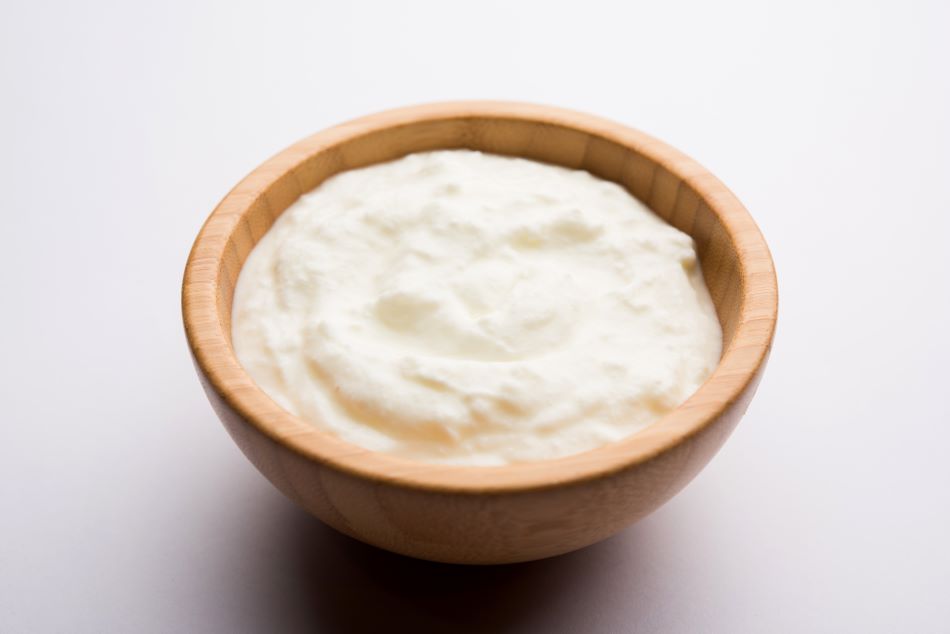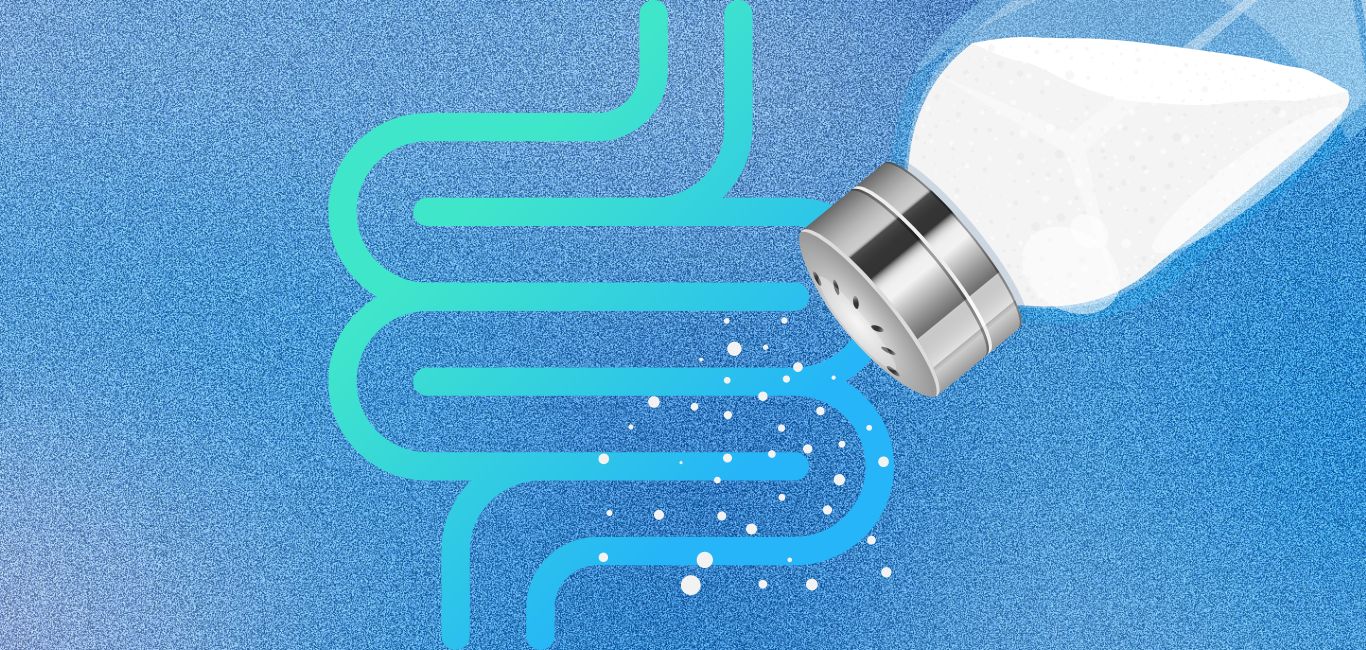
Our gut is inhabited by billions of bacteria, collectively known as the gut microbiome. This gut microbiome plays an important role in digestion, absorption of nutrients and production of compounds that keep bodily systems up and running.
In fact, over the last two decades, scientists have found tens of thousands of strains of bacteria that inhabit our guts. And while each plays its own unique role, one strain stands above the rest – lactobacillus.
“The association between lactobacillus and humans is a mutual one,” says Dr Shreya Shah, clinical nutritionist and founder, Healthfuel, Mumbai. “Lactobacillus helps in digestion of non-digestible carbohydrates. It also protects us from pathogens in return for accommodation and nutrients.”
The rod-shaped bacterium metabolises carbohydrates to produce lactic acid. It has also been linked with helping maintain the gut barrier integrity. It modulates the immune system in the gut, ferments dietary fibre and produces antimicrobial factors that keep harmful bacteria at bay.
Lactobacillus has been granted a ‘generally recognised as safe’ (GRAS) status from the U.S. Food and Drug Administration (USFDA) and ‘qualified presumption of safety’ (QPS) status from the European Food Safety Authority (EFSA). This means lactobacillus is allowed it to be used in several off-the-shelf probiotics that we consume.
In this story, we will go into details of the benefits of lactobacillus, where it can be found and the outsized role it plays in maintaining our health.
Dietary sources of lactobacillus
“Lactobacillus is present in many fermented dairy products such as homemade curd, kefir, and cheese, as well in other fermented food items such as sauerkraut (fermented cabbage), kombucha (fermented tea) and homemade pickles,” says Dr Shah.
Most commercially available probiotic products in the market today, such as probiotic yogurts and probiotic supplement capsules, also contain this bacterium.
Helps in maintaining gut health
“Lactobacillus provides several benefits to gut health. It helps in maintaining gut barrier integrity as well as modulating the immune system in the gut,” says Dr Shah. The gut barrier is composed of mucus layer, intestinal epithelial cell layer and gut associated lymphoid tissue (GALT) which contains various immune cells. It allows the absorption of nutrients and restricts the influx of toxin and disease-causing microbes.
A number of pathogens are able to breach this barrier and stimulate the underlying immune cells thereby leading to chronic gut inflammation. Loss of gut barrier integrity is involved in the development of various gut disorders, such as coeliac disease, inflammatory bowel disease, diarrhoea and obesity.
Increases mucous production in the gut
The goblet cells of the gastrointestinal tract produce mucus which covers and protects the epithelial cell lining from digestive enzymes and harmful bacteria. It also supports the movement of food through it.
“Lactobacillus enhances the production of mucus in gut thereby preventing the gut barrier dysfunction and inflammation,” says Dr Shah.
Read More: The importance of mucous for good gut health
Read More: Gut-friendly bacteria with backpacks could improve IBD treatment
Produces antimicrobial factors
“Lactobacillus prevents the growth of pathogenic bacteria in the gut by producing various antimicrobial factors,” says Dr Shah. It produces the lactic acid which lowers the pH of the gut. This inhibits the growth of many disease-causing bacteria and damages their outer membrane. It also releases hydrogen peroxide and bacteriocin (an antibacterial compound) which further inhibits the growth of harmful bacteria and even kills them.
It also fights the pathogens by competing with them for the binding sites in the gut lining as well as for availability of nutrients in the gut. This phenomenon is known as competitive resistance, explains Dr Shah.
Maintains integrity of epithelial cells in the gut
Intestinal epithelial cells form a single layer in the gut which act as a physical barrier between the external environment and the immune system. The integrity of this barrier is maintained by tight junctions that bind the cells together.
“The lactobacillus enhances the gut epithelium barrier by stimulating the production of proteins comprising these tight junctions,” says Dr Shah. This prevents pathogens and toxins from getting across the barrier and entering bloodstream.
Modulates the immune system of the gut
Lactobacillus modulates the immune system in the gut in a variety of ways. It stimulates the immune response by increasing the production of IgA antibodies by immune cells present in the gut upon invasion by pathogens. These antibodies bind and neutralise the invading pathogens.
“It also suppresses the release of inflammatory chemicals such as cytokines thereby reducing inflammation in the gut. This anti-inflammatory response provides relief in the various gut related issues such as inflammatory bowel disease, necrotizing enterocolitis and coeliac disease,” says Dr Shah.
Ferments dietary fibre
“Lactobacillus produces short chain fatty acids (SCFA) by the fermentation of dietary fibre. These fatty acids provide energy to cells lining the gut and strengthen the gut barrier functions,” says Dr Shah.
Important factor in human health
“Due to all these properties, lactobacillus has been shown to provide relief in many gut-related health conditions,” says Dr Shah.
They also help in reducing the cholesterol levels in people with dyslipidaemia, and therefore the bacterium is an important component of commercially available probiotics. These probiotics function as a strong supporting pillar to the current therapeutic methods utilised in managing various health conditions.
Read More: The gut holds the potential to treat fatty liver
Read More: The gut-obesity connection: how your microbiome may be influencing your weight

















